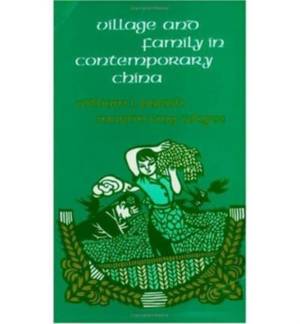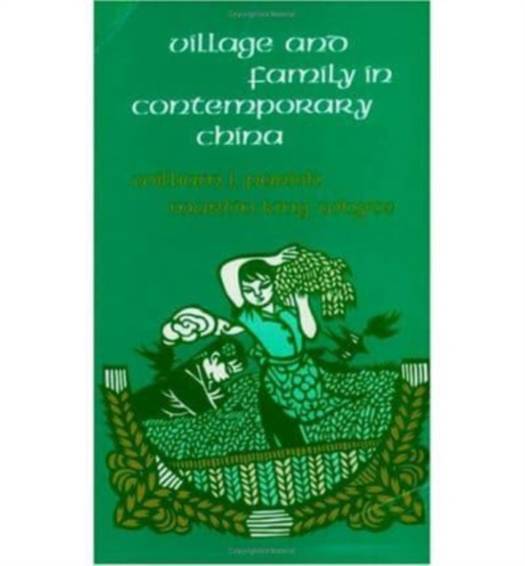
Bedankt voor het vertrouwen het afgelopen jaar! Om jou te bedanken bieden we GRATIS verzending (in België) aan op alles gedurende de hele maand januari.
- Afhalen na 1 uur in een winkel met voorraad
- In januari gratis thuislevering in België
- Ruim aanbod met 7 miljoen producten
Bedankt voor het vertrouwen het afgelopen jaar! Om jou te bedanken bieden we GRATIS verzending (in België) aan op alles gedurende de hele maand januari.
- Afhalen na 1 uur in een winkel met voorraad
- In januari gratis thuislevering in België
- Ruim aanbod met 7 miljoen producten
Zoeken
€ 43,45
+ 86 punten
Omschrijving
After 1949 the Chinese Communists carried out land reform, the collectivization of agriculture, and the formation of people's communes. The new economic and political organizations that emerged have made peasant life more comfortable and secure, but many economic and status differentials and traditional customs remain resistant to change. Focusing on rural Kwangtung province, William L. Parish and Martin King Whyte examine the rural work-incentive system, village equality and inequality, rural health care and education, marriage customs, and the position of women, among other topics, to determine what and how much of the traditional Chinese ways of life is left in Communist China.
Specificaties
Betrokkenen
- Auteur(s):
- Uitgeverij:
Inhoud
- Aantal bladzijden:
- 436
- Taal:
- Engels
Eigenschappen
- Productcode (EAN):
- 9780226645919
- Verschijningsdatum:
- 15/08/1980
- Uitvoering:
- Paperback
- Formaat:
- Trade paperback (VS)
- Afmetingen:
- 149 mm x 230 mm
- Gewicht:
- 508 g

Alleen bij Standaard Boekhandel
+ 86 punten op je klantenkaart van Standaard Boekhandel
Beoordelingen
We publiceren alleen reviews die voldoen aan de voorwaarden voor reviews. Bekijk onze voorwaarden voor reviews.









